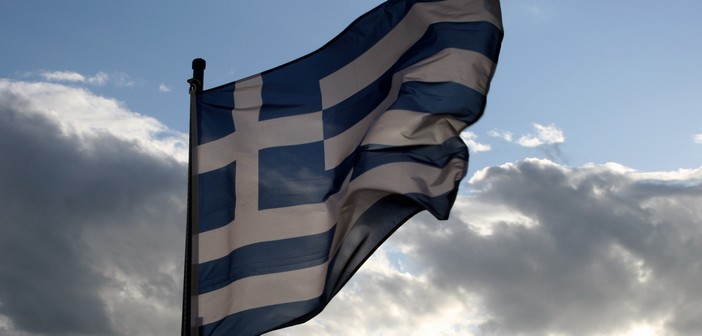This Sunday, the referendum organized by the Greek Government regarding the proposed solution to the country’s “debt” by the European Union will take place. Voters will have to decide between a “nai” (yes) or “oxi” (no).
The government of Alexis Tsipras has campaigned for a ‘no’ vote, which already breaches the standard expectation of neutrality from the executive.
Following this vote, one way or another, the deadlock of a negotiation that has lasted practically for five months — since the elections in January that were won by the “far-left/far-right” coalition with the Syriza party as the major force — will be broken.
From a financial perspective, Greece is on the edge of a precipice. Its situation is untenable, and the first to know it are the Greeks themselves. Since the downfall of the “colonels’” regime, the country has been mismanaged by all governments, right and left alike.
If Greece were a company, it would have declared bankruptcy long ago.
However, the citizens are not blameless; everyone has benefited in their own way. A clientelist and demagogic, if not corrupt, ruling class, a predatory entrepreneurial class, a “comprador” bourgeoisie focused on preserving privileges, and, finally, a population willing or obliged to make any arrangement for some advantages. With this framework, how can a country manage without resorting to (overly) indulgent and interested creditors?
There is no acceptable level of tax collection, no competitive industrial sector, and an ineffective bureaucracy. The final result: an economy centered around tourism and maritime transport (often with companies registered under tax haven flags); even the Orthodox Church has used its power to secure tax exemptions for its considerable assets.
If it weren’t about the fate of a country (and we know how much humanity owes it in terms of civilization), it could be reduced to the eternal story of the grasshopper and the ant: there are those who spend beyond their means and those who lend them their savings to do so.
In a certain sense, the responsibility is shared.
That is why this referendum (do you want to accept the conditions…) is a blatant sham: everyone — the Greek debtors and the European and global creditors — knows very well that the enormous cumulative debt cannot be repaid in the technical sense of the word: principal plus interest. Everyone knows very well that solutions will need to be found to alleviate or reschedule it.
The issue is not the past and each party’s responsibilities — those who caused the disaster, those who benefited, those who allowed and sanctioned it.
The issue is the future: will the grasshoppers give up their habits and turn into ants, or will they want to keep benefiting from the ants to continue living like grasshoppers?
The question mark thus concerns not the past deficit but the future reforms, so that there is no longer a “permanent” deficit.
On this point, the situation is ambiguous, and the Tsipras-Varoufakis duo has failed to provide sufficient and essential guarantees when one is a debtor: to maintain the trust of the creditors.
Calling the people via a referendum is not an act of responsibility but an admission of powerlessness, an escape forward.
Moreover, while it is sometimes possible and easy to win an election by betting on protest, it is more difficult and sometimes impossible to govern by pointing fingers at the moon.
Riding a motorcycle or dressing casually and without a tie may even generate some sympathy compared to the serious style of European provincial leaders, but, unfortunately, the problem is not sartorial.
In fact, the primary duty of a debtor is to honor their debt or be able to find a compromise solution with their creditors: difficult to achieve when one positions oneself as a victim and adopts an aggressive and outrageous demeanor.
In negotiations, competence and professionalism are always preferable to arrogance and amateurism.
The “game theory” dear to the Greek Finance Minister may have intellectual appeal, but a political negotiation should not be confused with a casino game table where one can indulge in probability calculations.
It is not by chance that Europe’s right and left-wing radicals and extremists are all behind the “NO” vote: the spirit of rebellion, although useless, always holds fascination.
One falsely calls for solidarity, but, in this case, the issue is quite different: if every meal has to be paid for, who should do it but the one who was seated at the table?


